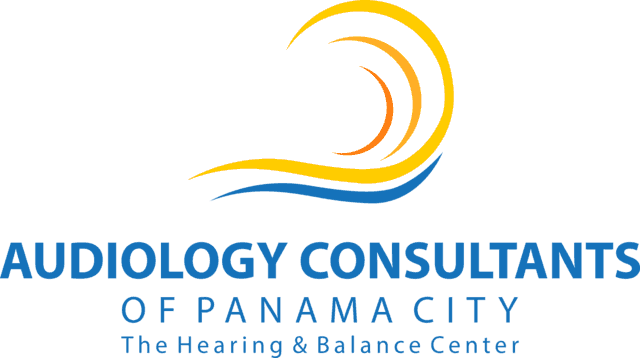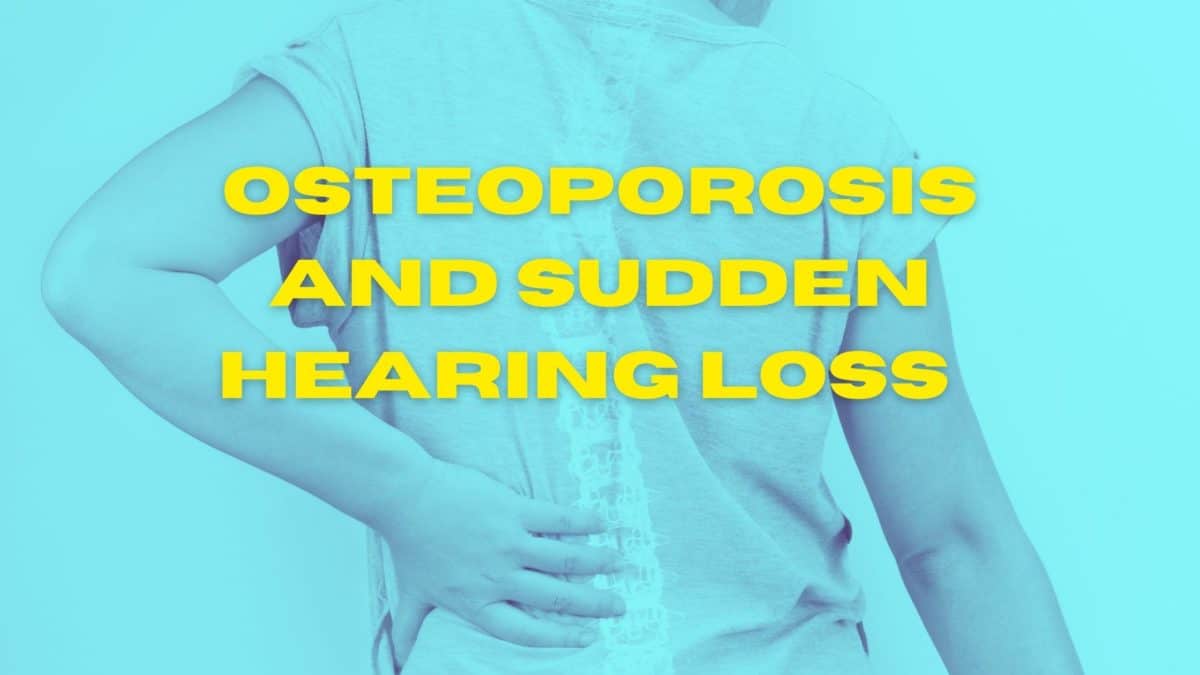- Using Hearing Aid Accessories for Enhanced Listening - May 6, 2025
- Practical Tips for Managing Daily Challenges With Tinnitus - April 8, 2025
- Signs Your Hearing Aid Battery Needs to Be Replaced - March 13, 2025
The human body is a tightly knit network of interconnections, and sometimes we are surprised by the relationships that exist. Seemingly unconnected systems of the body can have profound effects on one another. Though we might not fully understand how they are connected, research can demonstrate a statistical relationship at the population level. When it comes to hearing loss, many such relationships have been established. Not only does hearing loss have a connection to mental health and emotional issues, but physical health is related, as well.
Hearing loss is connected to higher rates of dementia among those who do not actively engage with treatment. With these relationships in mind, it might come as less of a surprise that osteoporosis has been found to have a relationship with hearing, but the relationship is puzzling on several levels. Specifically, osteoporosis is connected to a rare and only partially understood condition called “sudden hearing loss.” Let’s take a look at these two conditions, the reality of their connection, as well as some ideas about what might drive the relationship.
A Seeming Disconnect
Osteoporosis is a condition by which the bones become weak and are more prone to breaking. Either the body produces too little bone mass, or it is losing too much. When viewed under a microscope, the bones look like honeycombs rather than dense masses. On the other hand, sudden hearing loss would seem to be a disconnected syndrome. Those who experience sudden hearing loss find that the hearing in one or both ears is drastically impaired over the course of one to three days.
In some cases, the cause is discovered to be a tumor, a viral infection, head trauma, drug side effects, or other rare abnormalities. In other cases, the cause remains unknown. After extensive testing, many people remain unaware of the cause of their sudden hearing loss. In some cases the condition goes away with time, unlike other forms of sensorineural hearing loss. Somewhere in the ballpark of 30 to 70 percent of those with sudden hearing loss find that it is permanent. How could these two conditions be connected?
The Statistical Relationship
A Korean study analyzed data from 68,241 patients who had a diagnosis of osteoporosis between 2002 and 2013. These patients were matched up with a control group who did not have osteoporosis to test the relationship with several other conditions, or comorbidities. When they looked at the data, it appeared that those who had osteoporosis were much more likely to develop sudden sensorineural hearing loss, to the effect of 40 percent more likely. This great difference led researchers to further inquire into the relationship.
The Causal Mechanism
Although it is possible that osteoporosis causes sudden hearing loss, it is also possible that a third underlying condition is causing both osteoporosis and sudden hearing loss. Researchers are unsure what is causing this connection, in part due to the uncertainty about the cause of sudden hearing loss itself. Some of the possibilities include cardiovascular risk factors, bone demineralization, inflammation and endothelial dysfunction. Without a better understanding of the nature of sudden sensorineural hearing loss, this connection may remain a mystery for some time. However, it is clear that those with osteoporosis are much more likely to develop sudden hearing loss than their counterparts who do not have osteoporosis.
There are some steps you can take to prevent osteoporosis. Good nutrition seems to be the key, and a classic healthy diet with lots of fresh fruits and vegetables, as well as whole grains, seems to be the key. Two particular nutrients are important for preventing osteoporosis: calcium and vitamin D. These two are easy to miss, particularly for those who have a vegan diet or who live in places with a lack of sunlight.
A few substances are important to avoid for osteoporosis prevention. Smoking, too much alcohol, and too much caffeine are all related to higher rates of osteoporosis, so keep these in check. Finally, strength-training exercises, especially with weight-bearing repetition, seem to be important for bone density. With these preventative steps in mind, you should stand a better chance of avoiding osteoporosis and the problems it brings. As well, you just might be preventing sudden hearing loss.


